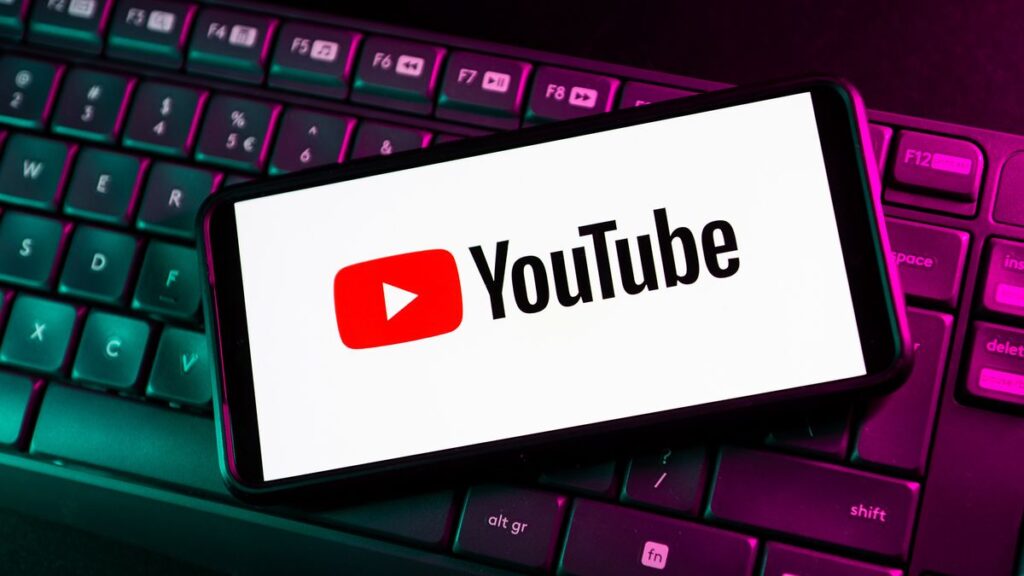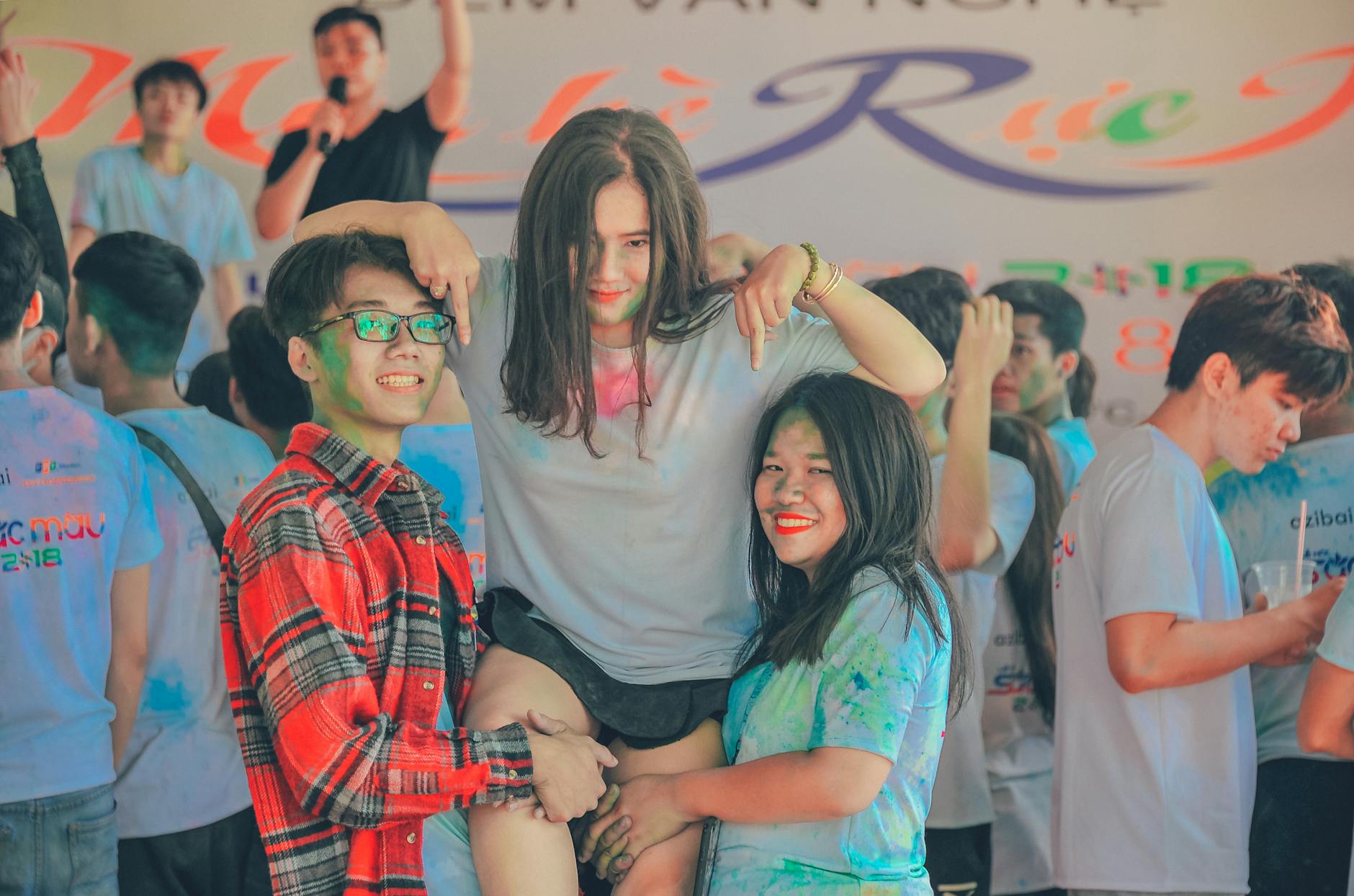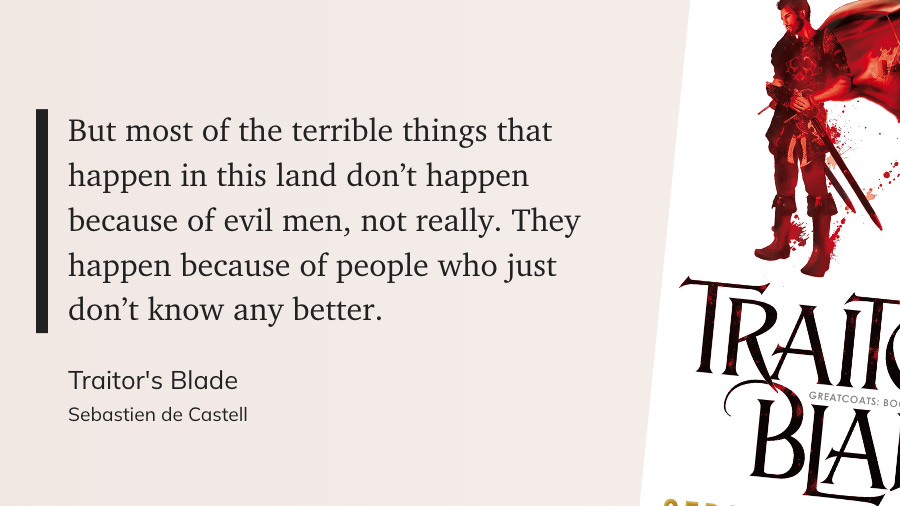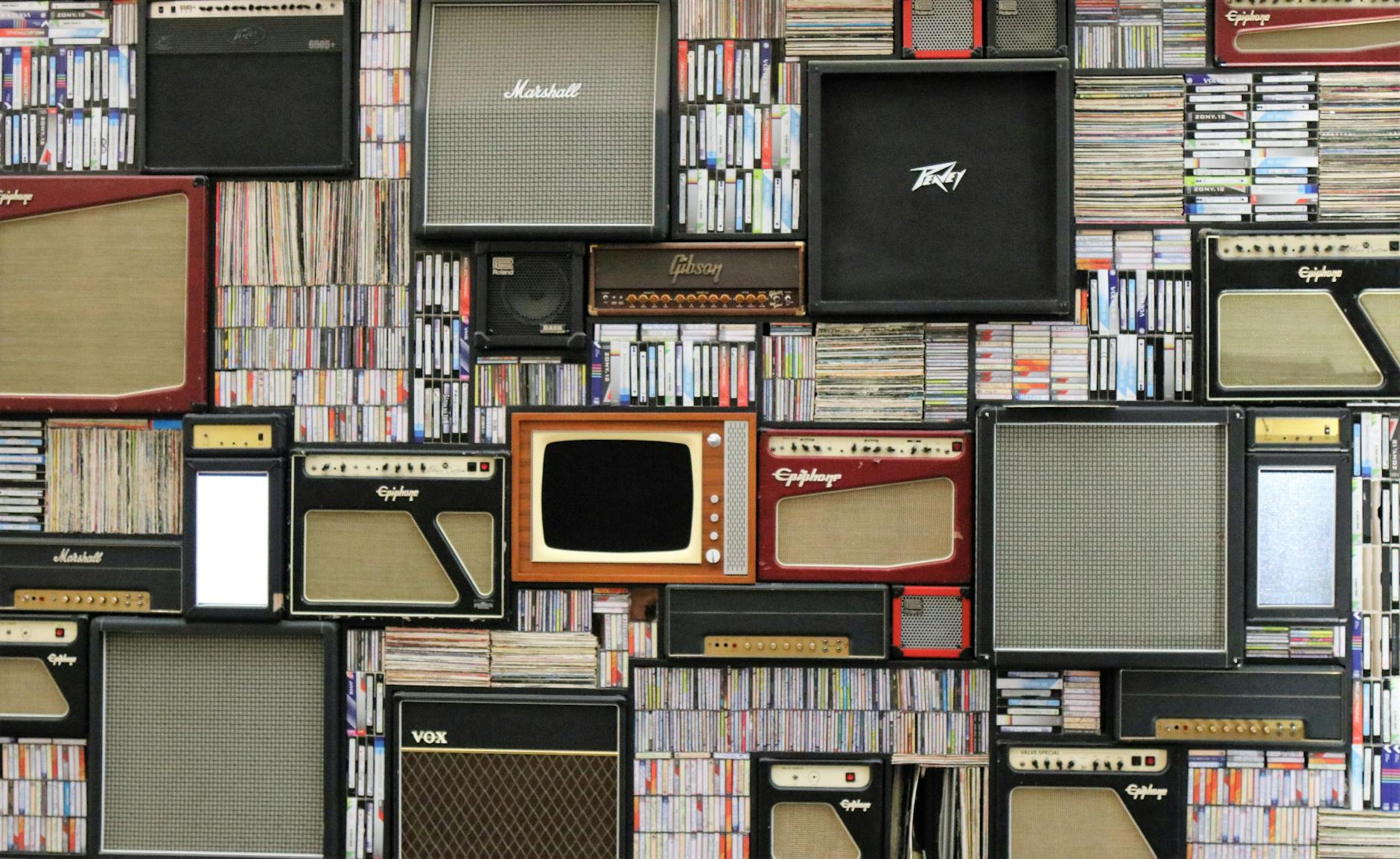
I love learning—I really do. But my dreadful experience with “school” still influences much of my work in education.
I hated “school.” It was pointless for me, as it is for so many other students.
From John Warner:
One of the distinctions I often draw in thinking about engagement and education is that there is a difference between “learning” and “doing school.”
Learning is, you know, learning. Doing school is engaging in the behaviors that result in satisfying the demands of a system built around proficiencies as determined by assessing the end products of a process. You can successfully do school without learning much of anything. At least that was my experience through many periods of my own schooling.
My belief is that organizing schooling around doing school is part, a big part, of the current problem of student disengagement. When classwork is purely an instrument for getting a grade and moving on to the next check box, learning becomes incidental. It may happen, but it doesn’t have to happen.
Warner interviews Susan Blum, author of I Love Learning; I Hate School and Ungrading: Why Rating Students Undermines Learning (and What to Do Instead), on her new book Schoolishness: Alienated Education and the Quest for Authentic, Joyful Learning
JW: One of my personal obsessions is thinking about the difference between “learning” and “doing school” where doing school is essentially just a series of behaviors designed to achieve the desired grade with the minimal necessary effort. This seems counterproductive on its face, but you say it’s even deeper than that.
SB: Given how much time, energy, and money nearly everyone in our world spends in school, this “doing school,” as Denise Pope called it, is tragic. Students have learned to imitate learning; to provide a performance, a facsimile of whatever each teacher demands as evidence of learning. So much of what we do in schools doesn’t work, whether by “work” we mean learn or thrive or prepare for a competent, meaningful life beyond school. The central organizing concept for me was a contrast between alienation, brought about by numerous sorts of disconnections, such as doing things only because of coercion, and authenticity, which is connection, meaning, genuineness, and even use.
The Eclectic Educator is a free resource for everyone passionate about education and creativity. If you enjoy the content and want to support the newsletter, consider becoming a paid subscriber. Your support helps keep the insights and inspiration coming!










